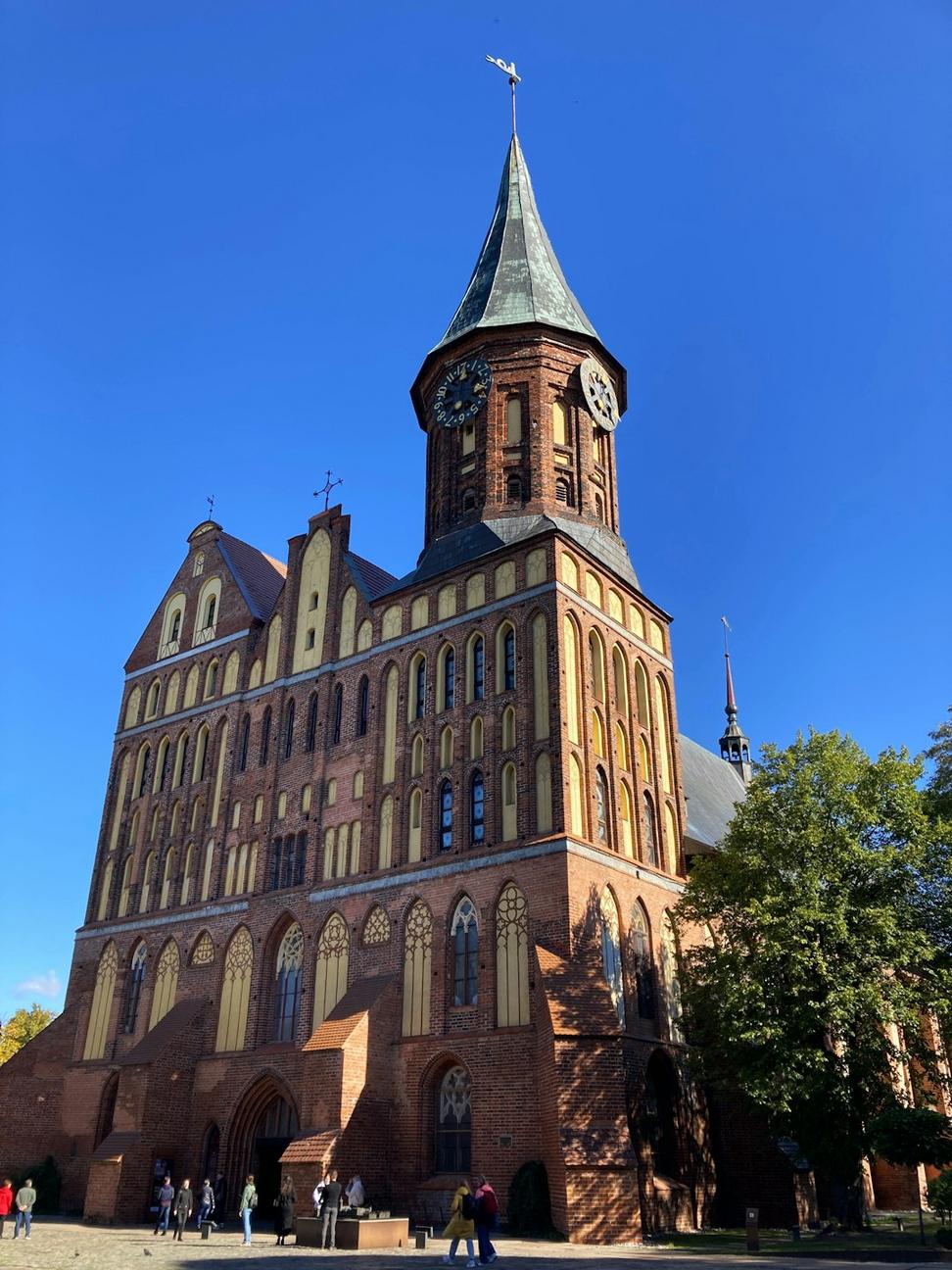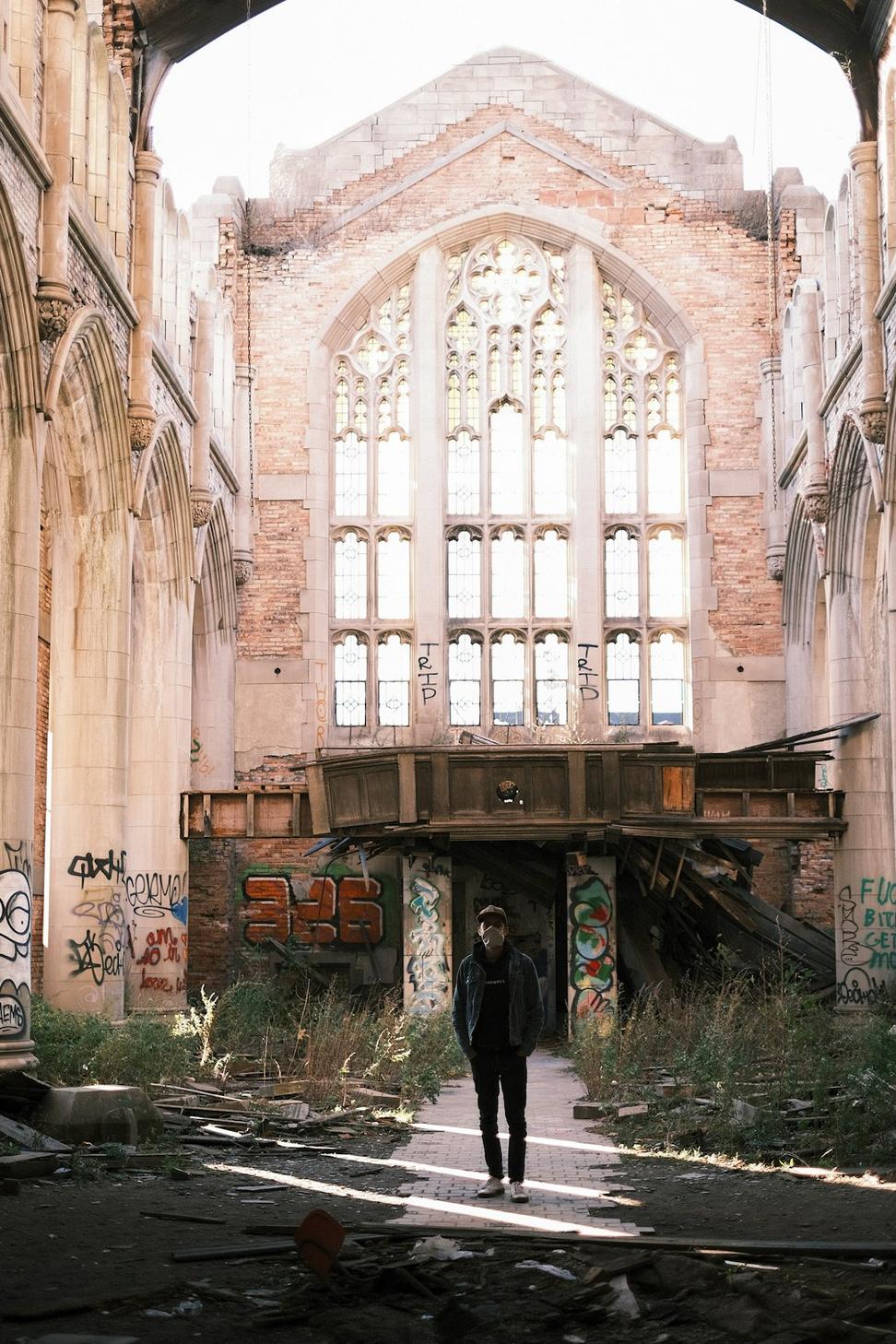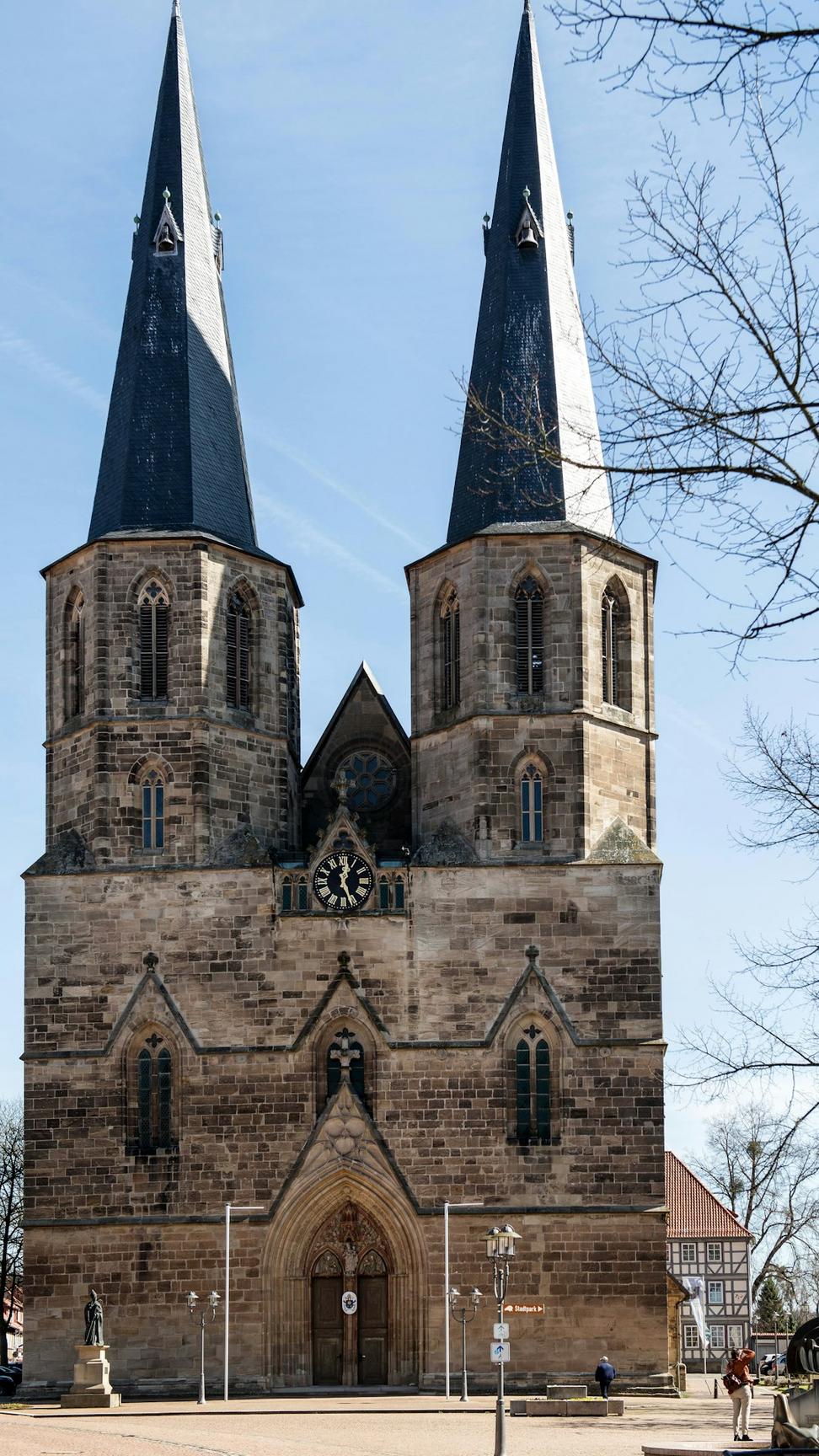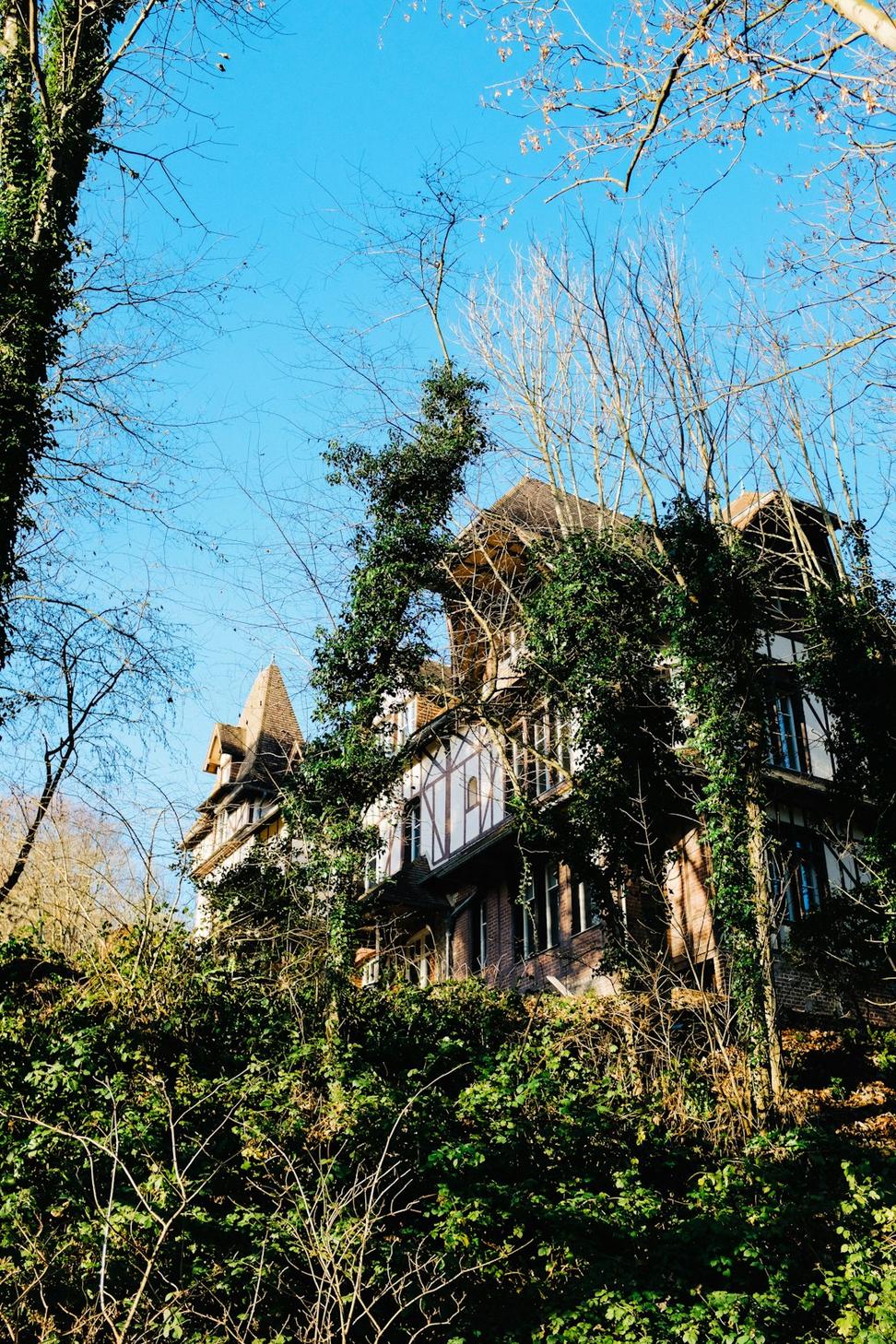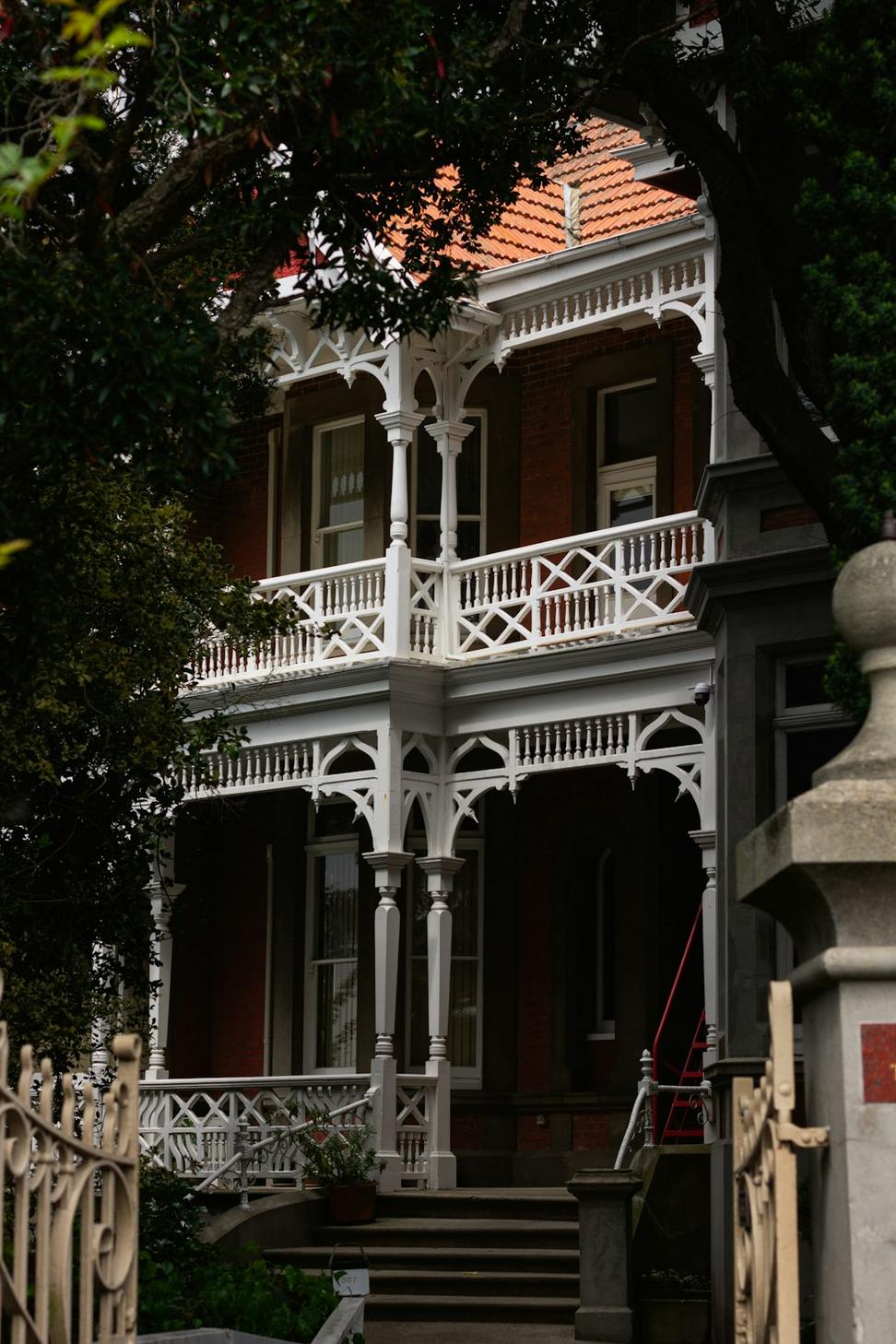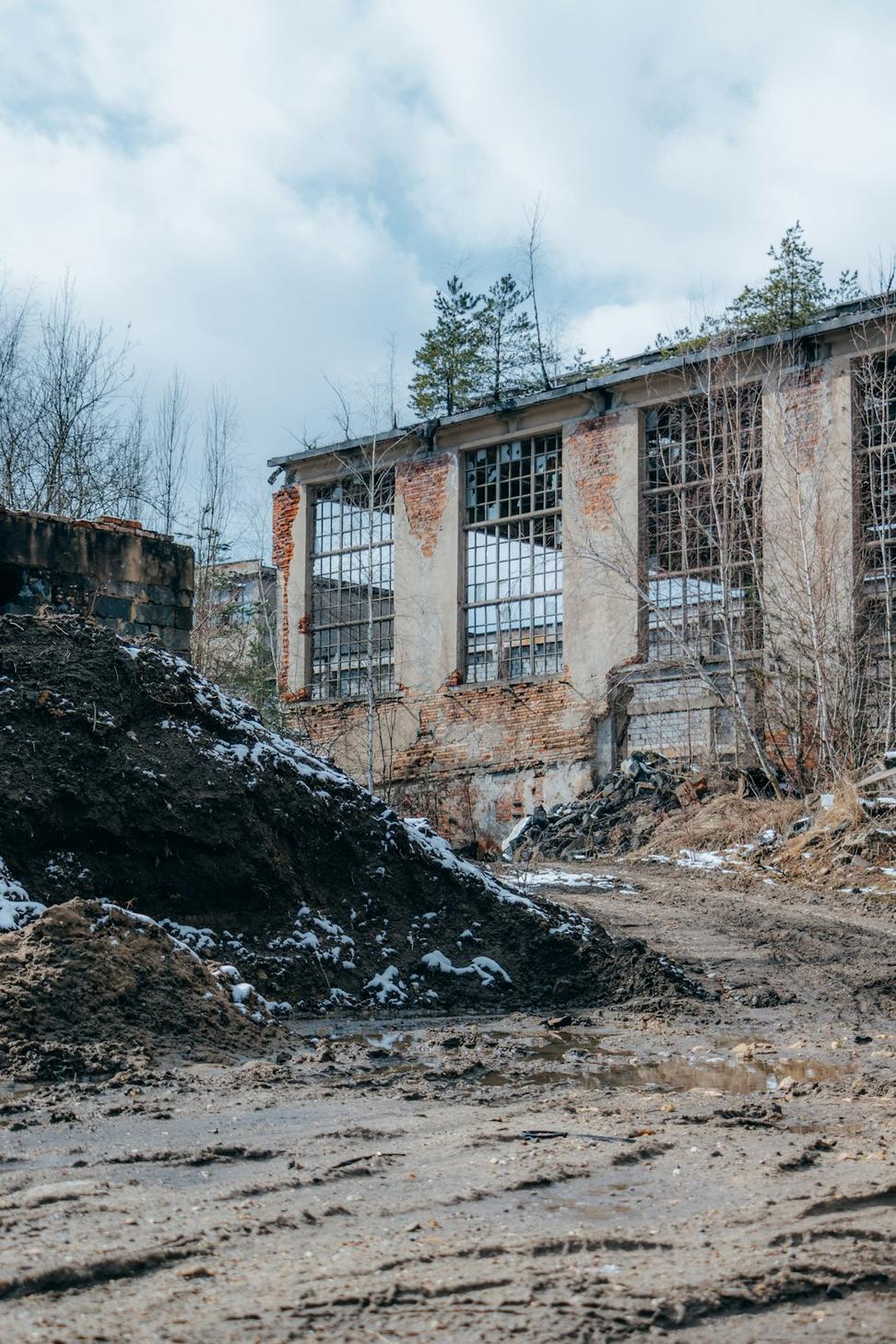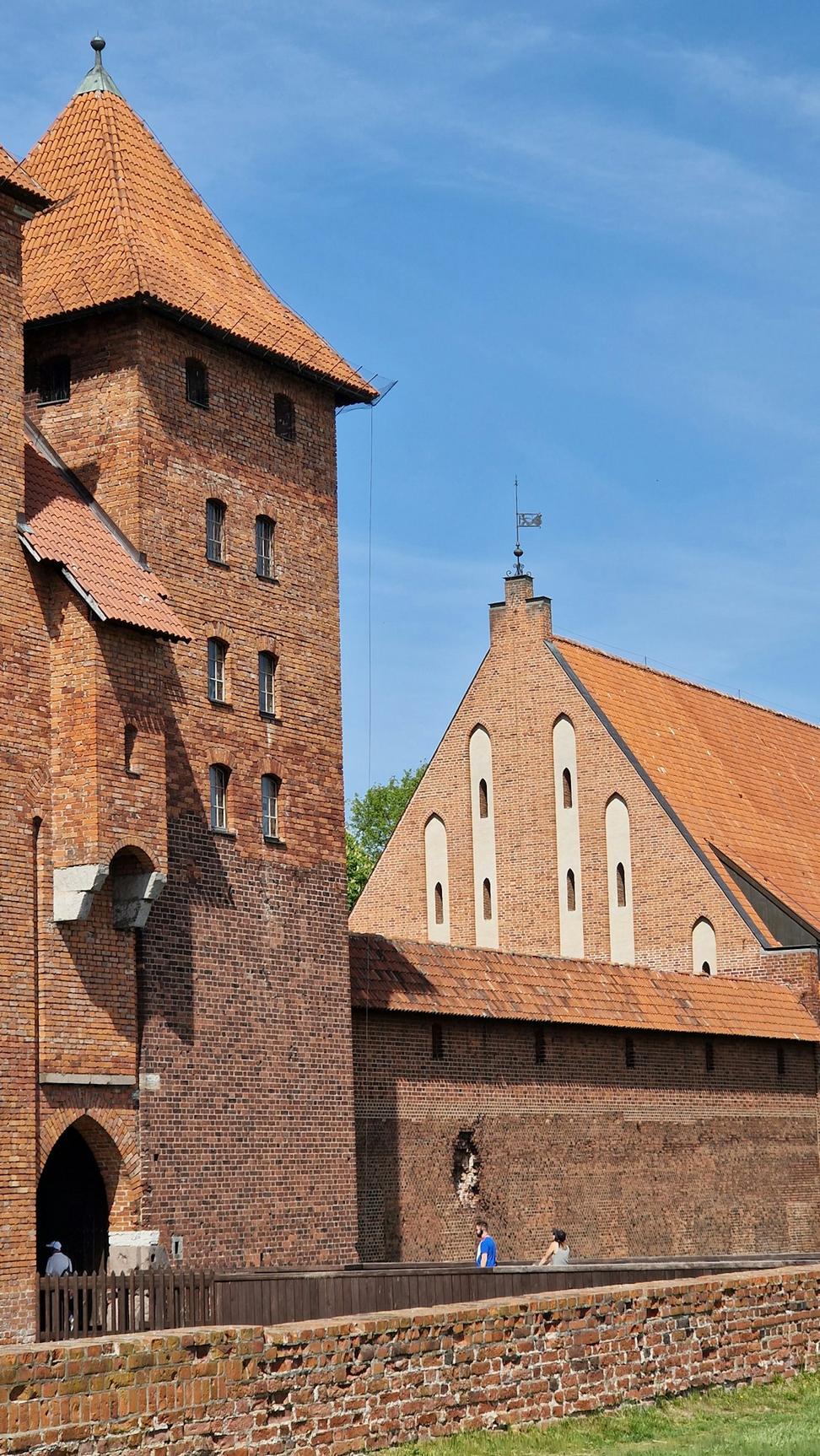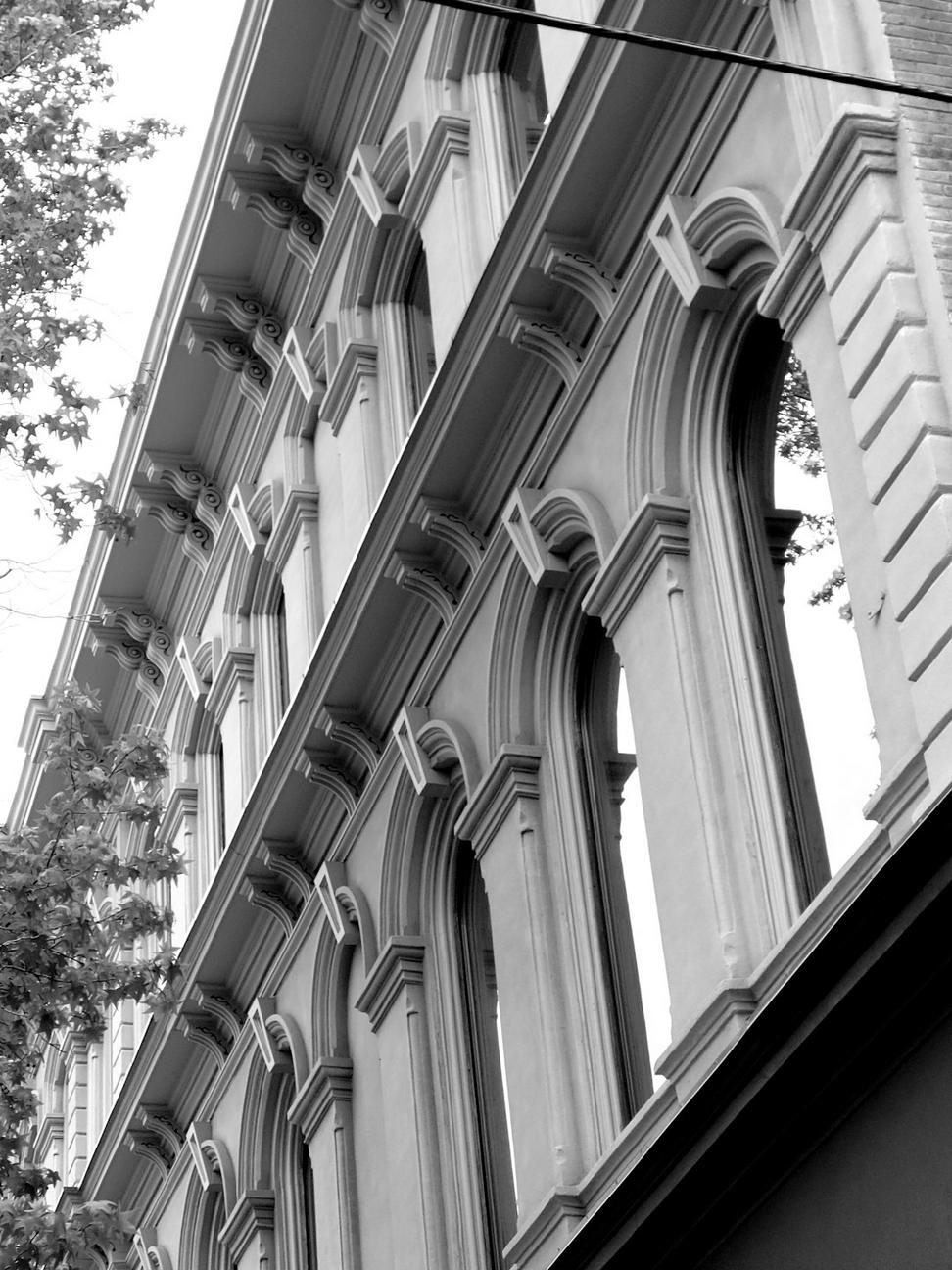Bringing History Back to Life
There's something incredibly humbling about working with buildings that've stood for over a century. Every crack tells a story, every timber holds memories we'll never fully know.
We don't just restore old buildings - we dig into their bones, understand what made them tick, and give 'em another century to shine.
